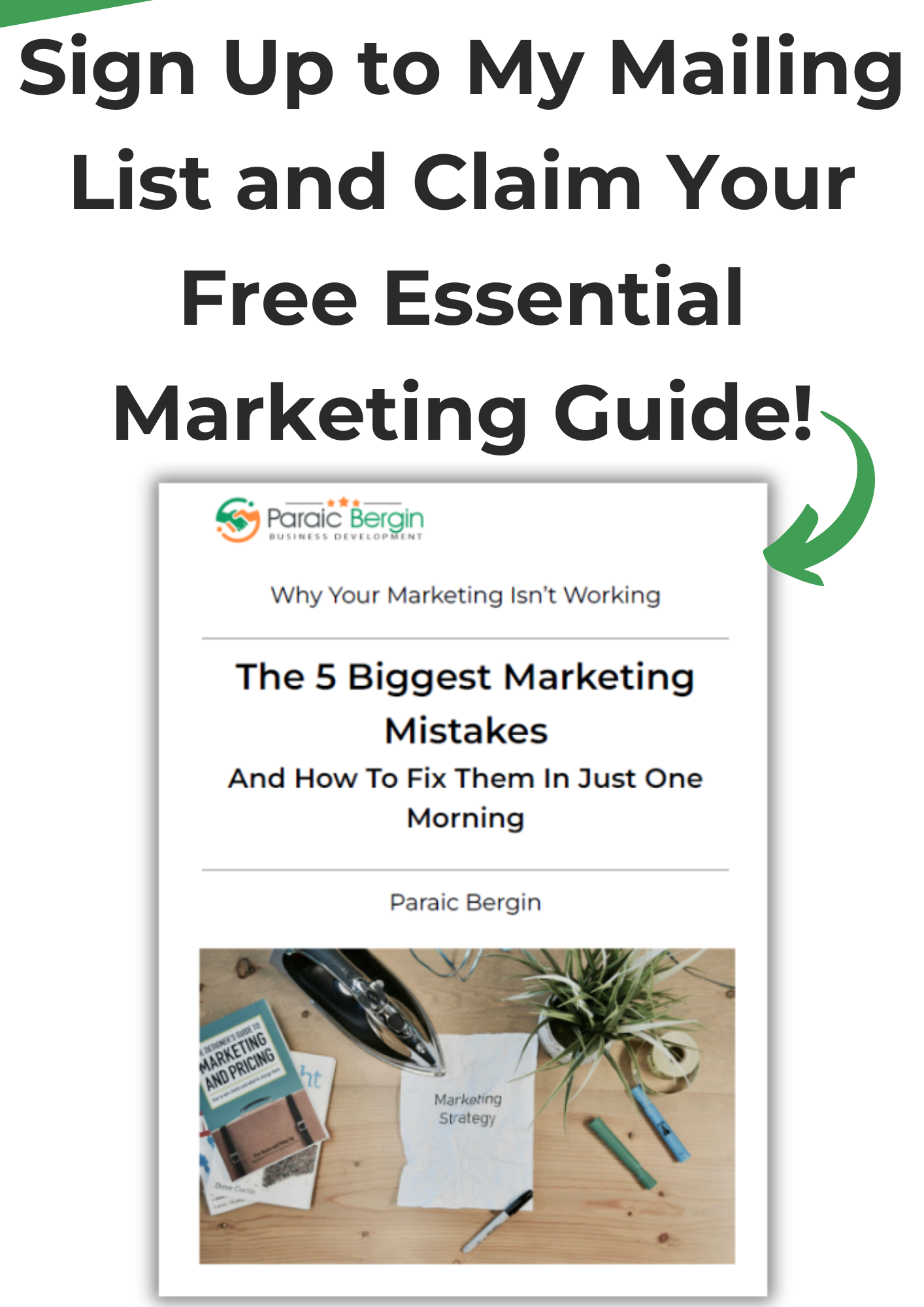Understanding customer needs and motivation
Abraham Maslow’s theory on the hierarchy of needs outlines distinct needs on 5 levels, falling into 2 categories. The first category is Basic and includes biological survival needs (such as food, heat and rest) and safety needs (security, freedom from fear, stability). The second category is Growth and includes affiliation (affection, love, a sense of belonging); esteem (self-respect, belief in oneself, esteem of others and reputation); and self-fulfillment (reaching one’s potential). Maslow held that lower level needs must be satisfied before addressing higher level needs. And indeed this seems to make sense – I am not very concerned about what other people think of me or whether I’m reaching my full potential if I am starving, homeless or under threat to my life.
From a marketing perspective, it is useful to know which level of need my customers are most focused on. Once the basic needs are met (and in Western society, this applies to the vast majority of people) the next level of need is about love and affection and a sense of belonging.
David McClelland proposed a theory that we are motivated by one of three needs – achievement, power or affiliation.
McClelland’s definition of affiliation needs corresponds with Maslow’s definition so we can look at them as essentially the same. The principal characteristic of affiliation needs is that they are a psychological extension of physical security needs, i.e. now that I am physically safe, I want to feel emotionally and psychologically safe, I want to feel I belong.
People whose principal need is for power are motivated by a strong desire to feel in control. They manage threats to their safety and security (physical, mental and emotional) by trying to control their environment and activities, including exerting influence and control over others. This drive can make them tremendously attractive and charismatic as they have an air of confidence and invulnerability, seem to know what they are doing, can be very persuasive, and are willing to lead and to take risks. Like affiliation needs, power needs are also an extension of physical security needs. However, in this case, instead of seeking to feel secure by belonging, I seek my security by acquiring and using influence and control.
McClelland’s final need is for achievement and this corresponds to Maslow’s esteem needs. In a positive sense, a person driven to achieve is seeking to validate and prove his/her worth and value as a person, a co-worker, an employee, a parent, child, friend, or even enemy both to him or herself and to others by what s/he achieves. In a negative sense, my unmet needs for love, affection and security may send me on a life-long drive to conquer the world in order to win the emotional recognition and validation I crave. Alexander the Great is said to have wept when he had nothing left to conquer. He also said “There is nothing impossible to him who will try.” He seized the throne of Macedonia at the age of 19, on the death of his father, and succeeded in no small part due to the fact that he had most of his siblings who could challenge him murdered and he ruled until he died at the age of 32. While it is true that he valued and wielded power, I think his drive to conquer and achieve was the dominant force in his life.
These definitions of needs allow us to segment and define potential markets. While housing is a basic need, anything other than basic shelter is meeting a higher level need. People who tend to stay in the same neighborhood throughout their lives are more likely to be influenced by affiliation needs. Those who trade up as their income and/or wealth increases are more likely to be meeting esteem needs.
In attempting to address any potential market, I need to know not only what these people want, but why they want it. What basic and what growth needs are there to be met and fulfilled? Does my customer know what s/he needs, as distinct from what he or she wants? If I can identify which level and type of need my product or service meets, can I also identify what need is motivating my customer?
The Ford F150 has been the top selling vehicle in the USA since 1974. If I want to sell to F150 owners, it would be helpful to know which of power, prestige or affiliation is most important to each and this will influence the offers I make.
Common mistakes in marketing include trying to sell a premium product as a prestige purchase to a customer whose principal motivation is safety and security. Or selling safety to an achievement/performance oriented customer.
Please comment below with examples you have come across of both inspired selling and complete mismatches.
If you’ve enjoyed this post and would like to see more, subscribe for updates and I’ll notify you when I make a new post.


